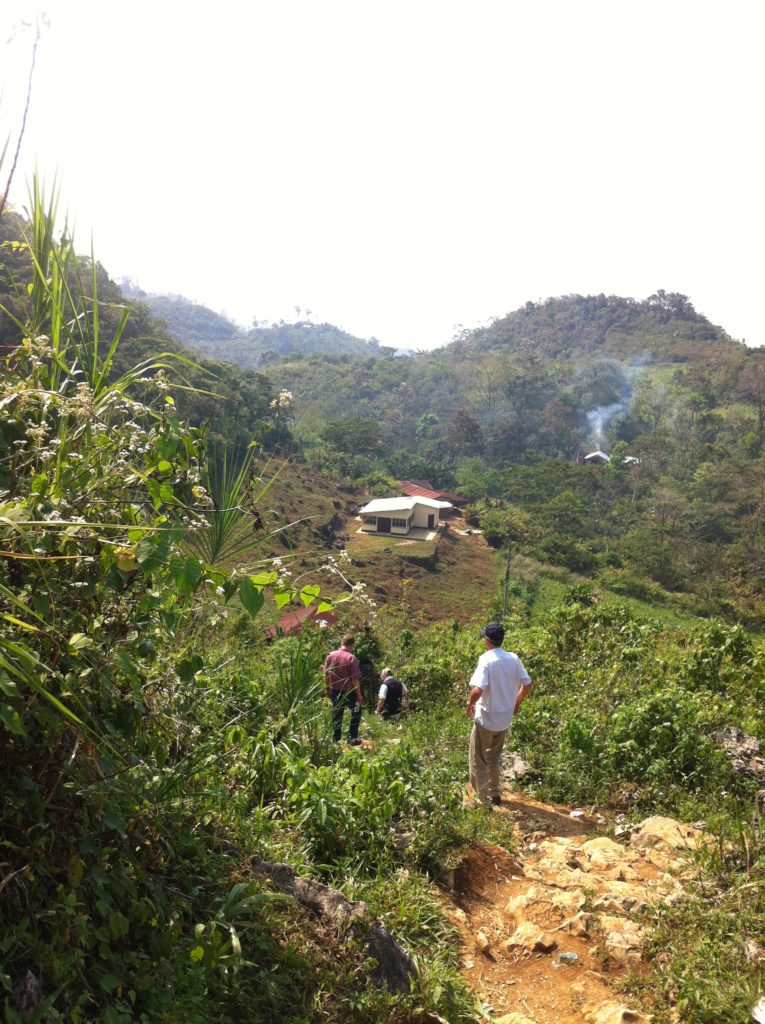As the Coronavirus (COVID-19) advances, we see it pushing public health systems to their limits. In many countries, containing the spread has required extensive public health measures, as well as a coordinated mobilization of public and private resources. Countries in the ‘global south’ remain especially vulnerable to the spread of COVID-19 because of gross inequalities in access to essential services, such as education, communication, and primary health services.
As of March 20 2020, Guatemala’s Ministry of Health has confirmed 12 cases of COVID-19, resulting in 1 fatality (see updates here). Primary health personnel have conducted 244 tests of the 1,500 tests provided by the World Health Organization.The Government of Guatemala has issued widespread containment measures, including the closure of all borders, restriction of public transportation, and limitations on non-essential public and private workplaces and the temporary cessation of ICE deportation flights from the USA. The first case of COVID-19 in Guatemala was from a deportee deported from Florida. However, many Guatemalans work in the informal labour sector with no access to social security and depend on their daily income to support their families. This reality, along with limited health services and widespread malnutrition, increases Guatemala’s vulnerability to COVID-19. Health facilities in Alta Verapaz, a region of more than 1.2 million people, only have access to 3 medical ventilators (compared to nearly 1,300 in the Canadian province of BC).
After meeting with our local partners - TulaSalud - we are pleased to hear that technological resources provided by TulaHealth to the Ministry of Health in Guatemala are being used to support a coordinated response to the COVID-19 pandemic. Digital technologies have been fundamental for the mobilization of the national health response, specifically the coordination of independent regional health authorities. Since early March, regional health officials have used videoconferencing technology to deploy 11 COVID-19 protocol training for more than 1,000 frontline health workers. At the same time, these communication technologies are being used to transfer immediate health information from centralized health officials to remote rural health facilities.
Despite restricted transportation and limited access to resources, frontline health workers in Guatemala continue their work in rural communities (often travelling on foot!). As one health worker remarked, “...without means or resources for protection, but caring for our patients”. Frontline health workers in rural communities across Alta Verapaz, Huehuetenango, El Quiché, and Sololá are equipped with smartphones and Tula’s digital health application, capable of recording and transmitting health information and coordinating the treatment of high risk patients. TulaSalud is continuing to hold virtual meetings with its partners at the Ministry of Health and regional health authorities to continue the optimization of its technology to support the Government’s fight against COVID-19.


